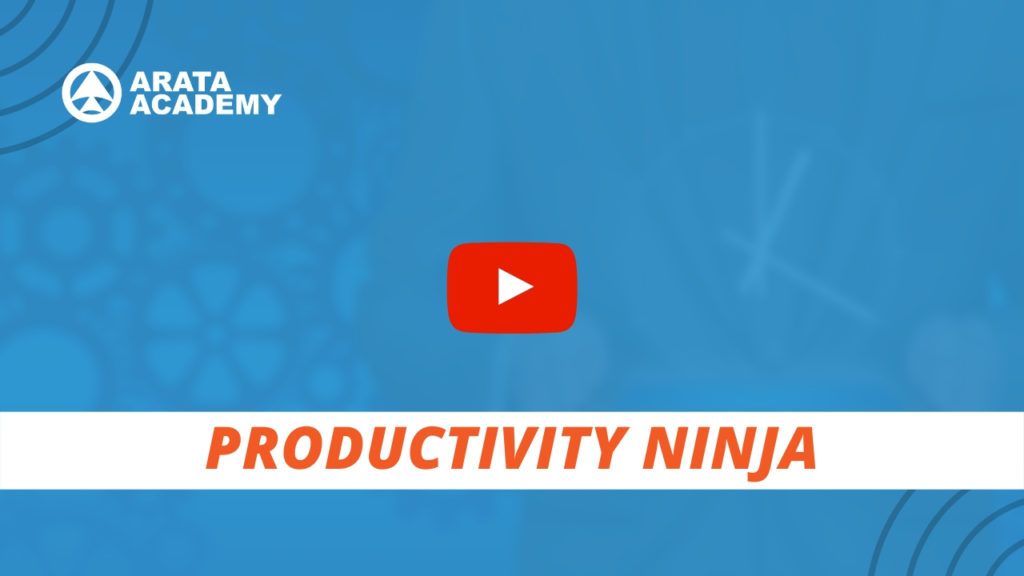Hi! Seiiti Arata. Repetitive thoughts are part of our lives. And it’s important to be aware of them to learn to have more harmony and consistency in our choices.What are these habitual thoughts? Here are some examples:
You know when you get an unexpected gift and automatically responds “Wow, I did not need this!”? Or when someone asks you for a favor, and you did not even think you’d like to do it, but you end up with a:”Sure! It will be a great pleasure to help you!”? That is an automatic response. You only realize it later, when you’re doing that boring task and you’re thinking “but why did I say I was going to do it?”
Or, when you’re talking and listening to an interesting idea, and instead of saying that you found that idea interesting, you say “okay, but…” and start looking for exceptions and failures in the other’s thinking looking to start a arguing. There are people who only know how to communicate like this – seeking faults in the reasoning of others.
In our communication, we have similar habits, like that automatic willingness to have coffee after lunch. These are unconscious and uncontrollable habits, which may be a simple language addiction – such as saying ‘understand’ or ‘right’ at the end of each sentence, or even deeper habits, connected with more specific emotions.
These are all examples of repetitive behaviors that turn into habits. And in our quest for greater awareness, we want to avoid behavior that is not congruent with what we really want.
1. Beware of destructive habits
Disagreeing with everything is a habit. Looking for exceptions orf laws in the logic of a speech is also a habit. Being aware of the way a person talks and not of the ideas that this person have is also a habit. Looking for punctuation and spelling mistakes when reading a text and not paying attention to the true content of the message is also a habit.
Not being able to prioritize things is also a habit.
There are people who would like to dedicate time to themselves, to care for themselves, to study, to eat better… But they simply cannot resist when a person makes an invitation to an event and, without having second thoughts, says: “Of course, I’ll be there for Sure”, with a big smile on his face, abandoning all his plans.
2. Feed Your Positive Habits
Of course, we also have positive habits, such as great virtues. Patience is a habit, curiosity is a habit.
Let’s imagine that you’re in this situation where your plans ended up being thwarted. You’ve invested a lot of time, a lot of resources, you’ve worked hard, and for some unexpected reason, that is out of your control: everything goes wrong.
In those moments, some people have a habit of going into fury. Other people may fall into despair. Or go out cursing everything and everyone in the way.
But instated you can cultivate the habit of patience, perseverance, and the stoic resilience of moving forward and not being overwhelmed by unforeseen events: you know that these habits are part of your plans.
In addition to the reaction to these events, we can also cultivate our positive habits when we are going to interpret the facts.
3. Inventing stories is also a habit
What is inventing a story? It is when we create a narrative explaining of something that happens around us, but without having the concrete proofs of such event. It is a story that we take for granted.
Was that person who cut you off terrible abusive, and did it on purpose to try to humiliate and belittle you? Or was, in fact, a desperate family man rushing to the hospital to have a baby? We can’t know that.
On the other hand, inventing a cute and creative interpretation turns out to be very sweet and innocent, but we can choose a more rational and neutral approach: accepting that there is something that we don’t know.
Instead of over-burdening ourselves by creating negative explanations that people around us are evil, with cruel intentions to put us down, we can only accept the fact that we do not know which the motivation of these people is.
In that way, we can avoid that positive thinking full of rainbows and unicorns, and we also protect ourselves against the negative thinking that everyone is a bad person, a cheater, or is going to make us miserable.
This also applies to the narrative we create about ourselves and our condition. When you are stuck in traffic, what is your interpretation of the situation? Do you automatically gets angry for being trapped, wasting time? Or do you think that you can use that moment as a unique opportunity for you to think about your day and how it went?
All of this will help us to live in the present [arata.se/hello05], seeing the world as it really is, without feeding fantasies in our head.
A good way to understand our habits is to think a little about then, maybe make a list on which we want to change for the better.
Leave here in the comments what habits you want to cultivate and what habits would you like to change.
A few more questions to ponder: What automatic behaviors help you?What kind of repetitive thinking has harmed you?
And here’s an extra tip: realize that even negative habits are fulfilling some kind of positive role in your life. When you lose your temper and need to yell and curse, there is some emotional relief in that moment to vent your anger.
However, after this “outburst”, you may regret it, so this habit causes you long-term losses.
Try to understand the short-term benefit that your negative habits are bringing to you, so you can find other ways and substitute for habits that help you in the short, medium and also in the long terms. If you believe that you need to change your habits, I have an E-book about habits changes, that you can download at this link: https://arata.se/ebookhabito

